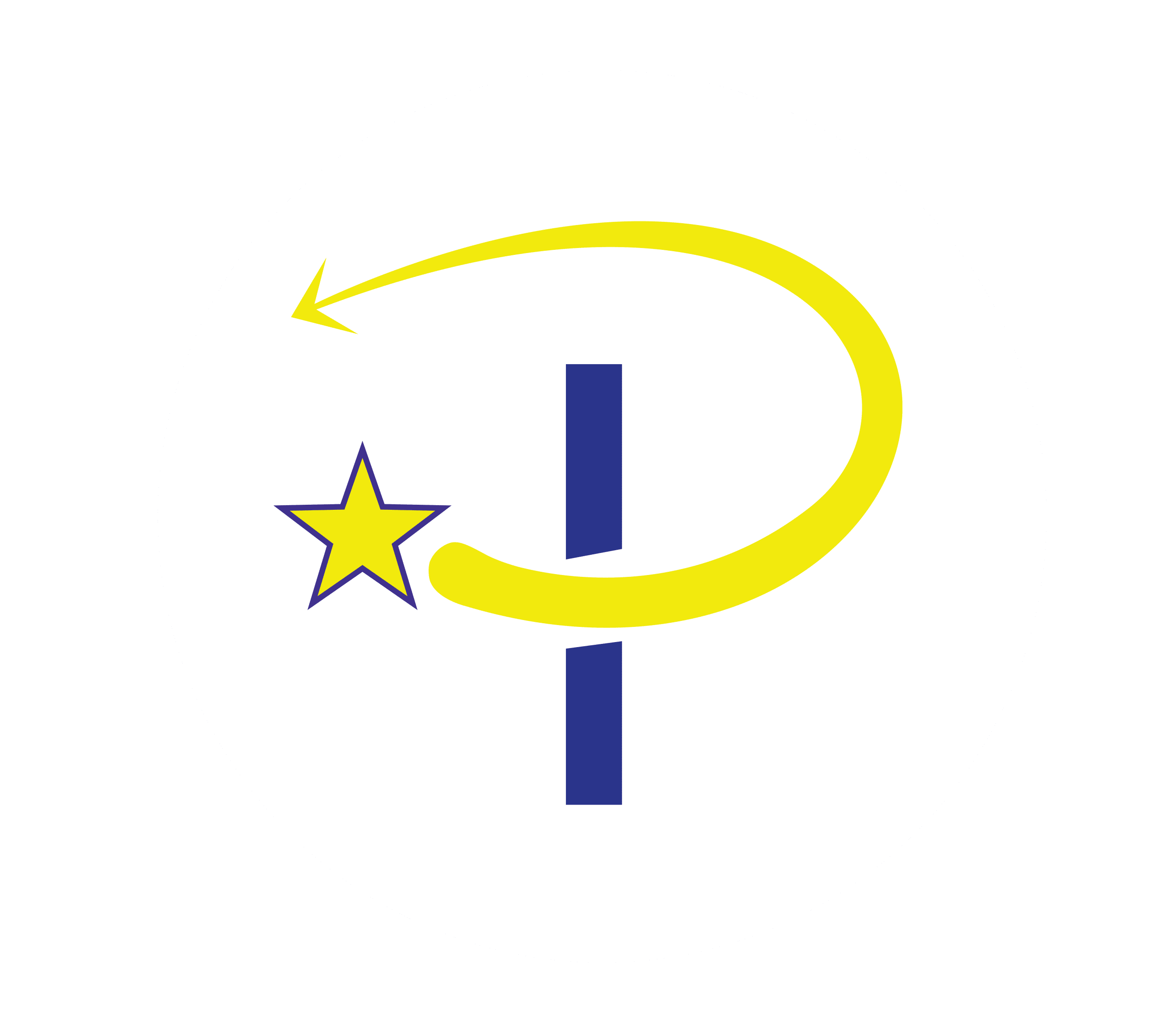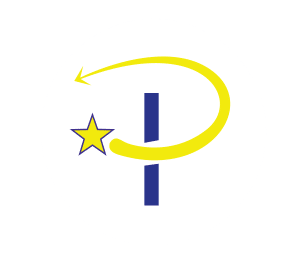Developing Soft Skills in Education: A Guide for Erasmus Plus Teachers is an informative article aimed at providing educators with the necessary tools to incorporate soft skills development in their teaching. In this guide, you will learn about the importance of soft skills and the eight essential ones identified by the European Union.
Soft skills are becoming increasingly essential in today’s job market, and this guide will help you understand their relevance in education. We will explore ways to implement soft skills in your lesson plans and effective teaching strategies to promote soft skills development.
Assessing the progress of soft skills in your students is also crucial, and we will provide you with tools and techniques to measure their progress. By incorporating these skills in your teaching, you will not only prepare your students for their careers but also enhance their personal growth.
At the end of this guide, you will have a comprehensive understanding of soft skills and how to incorporate them into your teaching. We hope to inspire and motivate you to develop these skills in your students, ultimately helping them succeed in their future endeavors.
Introduction to Soft Skills
Understanding the Importance of Soft Skills
Soft skills are personal attributes and traits that enable individuals to interact effectively with others. These skills are essential for success in the workplace, and they are becoming increasingly important in today’s fast-changing job market. Soft skills include interpersonal skills, work ethic, conflict resolution, positive attitude, and promoting wellbeing.
In the context of education, soft skills are an essential component that helps students succeed. By developing soft skills, students can improve and enhance their learning experiences, become better team players, and build a strong foundation for their future careers.
The Eight Soft Skills Identified by the European Union
The European Union has identified eight key soft skills that are critical for success in the modern workforce. These skills include:
1. Communication: The ability to communicate effectively with others is fundamental to success in any job.
2. Collaboration: The ability to work in a team is essential for success in many jobs and industries.
3. Creativity: The ability to think creatively is a vital soft skill in today’s rapidly changing world.
4. Critical thinking: The ability to think critically is necessary to solve problems and make informed decisions.
5. Digital competence: The ability to use digital tools and technologies effectively is critical in today’s job market.
6. Entrepreneurial mindset: The ability to think and act like an entrepreneur is essential in today’s economy.
7. Social and civic competences: The ability to engage with others and to contribute to the community is critical for success in today’s world.
8. Sense of initiative and self-direction: The ability to take initiative and work independently is essential in many jobs and industries.
Developing and enhancing these soft skills is crucial for students to succeed in the global workforce. By incorporating soft skills training into the curriculum, students can become better prepared for academic success and career development.
In conclusion, soft skills play a crucial role in the academic success and personal development of students. Educators must emphasize the importance of soft skills in their teaching and incorporate them into their curriculum. By doing so, they will be equipping students with the necessary skills to navigate an ever-changing job market with confidence and success.
Implementing Soft Skills in Education
Incorporating Soft Skills into Lesson Plans
In today’s rapidly evolving job market, soft skills have become increasingly important for students to develop. Soft skills, such as work ethic, interpersonal skills, conflict resolution, positive attitude, and well-being promotion, are essential personality traits and attributes in the workplace. Therefore, it’s important for educators to incorporate soft skills into their lesson plans.
One effective way to improve both teachers’ and students’ soft skills is through the Erasmus Plus program’s course, SOFT SKILLS AND CREATIVITY FOR INCLUSION. This course aims to foster creativity and soft skills in students, supporting them in combating bullying and increasing their confidence for success in entrepreneurship and the job market. The course promotes teamwork and cooperation through group projects that allow participants to improve their communication skills and learn to represent their ideas visually, orally, and graphically.
In addition, the course provides tools for organization, time management, leadership, and multitasking, which can help teachers and students adapt to constant changes and respond creatively.
Effective Teaching Strategies for Soft Skills Development
There are several effective teaching strategies that educators can use to develop soft skills in their students. One way is to incorporate team-building activities and exercises into their lesson plans. These activities can help students develop their communication, problem-solving, and conflict resolution skills. Additionally, educators can promote creativity and critical thinking through project-based learning.
Another strategy is to provide feedback and constructive criticism to students regularly. This approach helps students to develop self-awareness, self-improvement, and adaptability skills. By using feedback to develop students’ soft skills, educators can ensure that their students develop the necessary skills to succeed in their future careers.
Finally, educators can encourage students to participate in extracurricular activities that develop soft skills, such as clubs, sports teams, and volunteer projects. These activities can help students to develop teamwork skills, leadership, and communication skills.
In conclusion, developing soft skills is critical for students to succeed in today’s job market. Educators should consider incorporating soft skills into their lesson plans and using effective teaching strategies to help their students develop these skills.
Assessing Soft Skills in Education
Assessing and developing soft skills in education is essential in preparing students for the workforce and life beyond the classroom. Soft skills are personal attributes that enable individuals to interact effectively and harmoniously with others. Some examples of these skills are teamwork, communication, problem-solving, time management, and adaptability. Employers nowadays seek employees who possess these abilities, making it essential for educational institutions to focus on these skills in their curriculum.
Measuring Student Soft Skills Progress
Measuring the progress of students in developing their soft skills can be challenging. It is not enough to solely rely on grades and standardized test scores. As such, there are various tools and techniques that educators can use to assess soft skills progress.
One method is self-assessment, where students evaluate their own skills and set goals for improvement. Peer evaluations can also be utilized, where students give feedback to their classmates on their soft skills. Another technique is observation by instructors, where they observe and document student interactions to evaluate their performance.
Tools and Techniques for Soft Skills Assessment
Incorporating soft skills tools and techniques in the curriculum can be a useful way to assess students’ progress in developing these skills. Competitor 1’s course, “SOFT SKILLS AND CREATIVITY FOR INCLUSION,” emphasizes the importance of soft skills for teachers and students, promoting creativity, teamwork, and communication. This course utilizes projects, presentations, and games to enhance students’ critical thinking, confidence, and interpersonal skills.
Competitor 2 highlights the use of technology in developing soft skills, such as apps and online platforms that facilitate collaboration and communication. The resource “Developing Soft Skills in Education: A Guide for Erasmus Plus Teachers” is also an excellent tool for educators seeking to develop soft skills in their students.
Competitor 3 focuses on the importance of collaboration between educational institutions and external entities such as businesses and cultural organizations in developing students’ soft skills. They also point out the importance of inclusive environments to support the development of students’ skills and provide equal opportunities for all.
In conclusion, assessing and developing soft skills in education requires a multi-faceted approach. Utilizing tools and techniques such as self-assessment, peer evaluations, observation, and incorporating soft skills into the curriculum can help educators better evaluate their students’ progress in developing these important skills. The resources provided by competitors can assist educators in developing their understanding of soft skills and implementing effective strategies in their teaching methods. By focusing on developing the soft skills of their students, educators can better prepare them to enter the workforce with competencies that make them valuable assets to employers.
As an expert in identification and access systems for businesses, I understand the importance of developing soft skills in the workplace. This guide for Erasmus Plus Teachers provides valuable insights into the different aspects of soft skills development, from understanding the importance of soft skills to implementing effective strategies in lesson plans. Incorporating soft skills into education is crucial for preparing students for the real world. This article not only highlights the eight soft skills identified by the European Union, but also provides tools and techniques for assessing student progress. I invite you to read more articles on our Plus project blog for further insights on this topic.

We at Plus Project are passionate about transforming the adult education landscape. As a premier training provider, we take pride in offering top-notch courses for teachers, aimed at sharpening their skills and expanding their knowledge. Our expert trainers use cutting-edge methods to deliver a dynamic and engaging learning experience, making us the ideal choice for teachers seeking professional growth and success. Join us on our mission to elevate the teaching profession, one course at a time.


